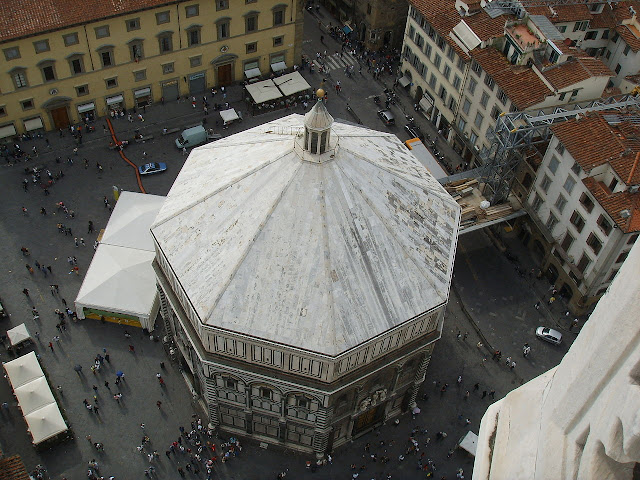NOVEL IX.
Guido Cavalcanti neatly reprimands the folly of some Florentine gentlemen, who came unawares upon him.
The queen, perceiving that Emilia had finished her novel, and that only herself remained, excepting him whose privilege it was to speak last, began as follows: - Though you have robbed me of two of my novels, one of which I designed should have served me today; yet have I one left behind still, which contains something in the conclusion as pertinent, perhaps, as anything that has yet been spoken. Know, then, that formerly many good customs prevailed in our city, none of which are now remaining, thanks to avarice, the attendant of our growing wealth, which has long discarded them. This, amongst others, was one; - that, in divers parts of the town, the best families in the neighbourhood would meet together, and compose a society, consisting of a certain number of persons, taking care always to admit only such as were able to bear the expense of it. Every one entertained in his turn, at which time they would show honour to divers gentlemen and strangers upon their arrival in our city, and to many of the most worthy citizens, inviting them to those assemblies: once a year, also, at least, they would be dressed all alike, and they often rode in procession through the city, when they performed their tilts, and other martial exercises, especially on the great festival days, or when the news of some great victory had reached the city.
Amongst these societies of gentlemen, there was one, of which Signor Betto Brunelleschi was the principal, who was desirous always of procuring Guido Cavalcanti to be one of their body, and not without reason; for, besides his being one of the best logicians in the world, as well as an excellent natural philosopher (for which they had no great regard), he was a most polite, good-natured man, as well as a delightful companion, and nobody knew what belonged to a gentleman better than himself: besides this, he was very rich, and ready always to reward merit wherever he found it. But Signor Betto was never able to draw him into their assembly, which they all attributed to his speculative way of life. And, because he was said to hold some of the Epicurean doctrines, the vulgar used to report, that all this study of his was only to learn whether there was a God or not. One day he was passing from St. Michael's church, along by the Ademari to St. John's, which was his usual walk. The large marble arches which are now at St. Reparata's, were then about St. John's church, and he chanced to be amongst them, the church door being shut, when Betto and his company came riding through the square. Spurring their horses, they came up to him before he perceived them, and one of them said, "Guido, you refuse to be of our society, - but when you have found out that there is no God, what good will it have done you?" Guido, seeing himself surrounded, immediately replied, "Gentlemen, you may use me as you please in your own territories;" and, laying his hand upon one of the arches, he leaped nimbly over it, and so made his escape. They looked, like people confounded, at each other, saying, that what he had spoken was without any meaning; for that they had no more to do there than any other persons, nor Guido less than themselves. Signor Betto then turned to them, and said, "It is yourselves, gentlemen, who are void of understanding; for he has very worthily, and in few words, said the severest thing in the world to us, whether you understood it or not: consider, then, these arches are the abodes of the dead, and he calls them our territories, to show us that we, and all other people as ignorant and unlearned as ourselves, are, in comparison with him and other men of letters, worse than dead men; and, therefore, so long as we are here, we may be said to be upon our own dunghills." They now all understood what Guido meant to say, and were a good deal ashamed, and from that time forth they said nothing more to provoke him, and always looked upon Signor Betto as a very subtle and sensible gentleman.


